
When your baby is sick, figuring out what to feed baby when sick can be a challenge. Whether they’re dealing with a cold, fever, or digestive upset, it’s important to offer food that’s gentle on their stomach while providing the nutrients they need to recover. In this article, I’ll share some easy and comforting options for what to feed baby when sick, as well as tips to help ease their discomfort and keep them nourished
How to Spot Dehydration in Babies
When your baby is sick, it’s crucial to keep an eye on hydration levels. Dehydration can be dangerous for babies, especially when they’re dealing with vomiting, diarrhea, or a fever. Here are some signs to watch for:
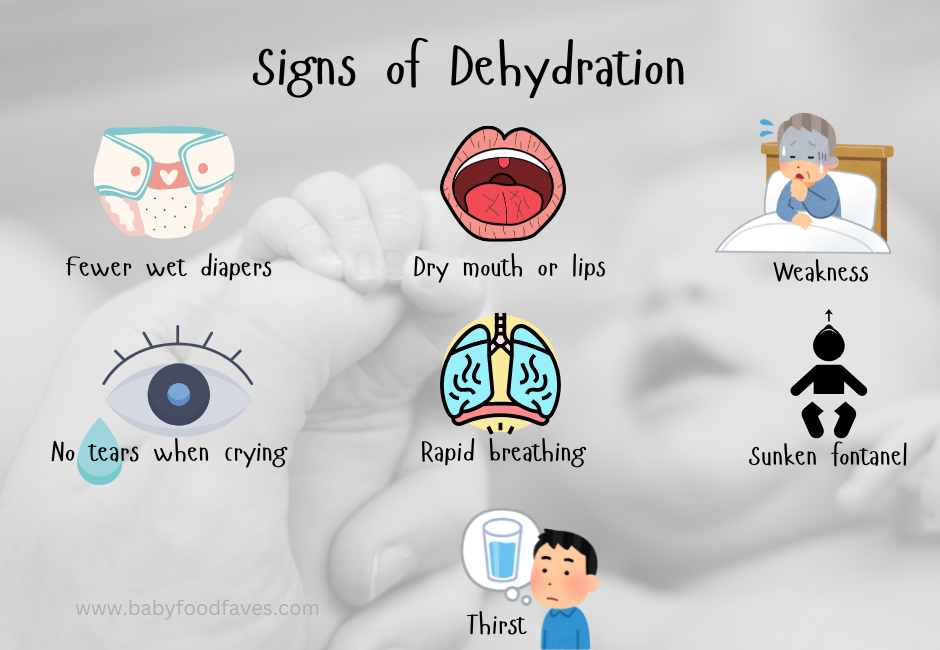
- Fewer wet diapers: If your baby is producing fewer than the usual number of wet diapers, it may indicate dehydration.
- Dry mouth or lips: A dry or sticky mouth and cracked lips are signs of dehydration.
- No tears when crying: If your baby is crying without tears, it could mean they’re not getting enough fluids.
- Sunken fontanel: For younger babies, a sunken soft spot on the top of their head can indicate dehydration.
If you notice any of these signs, contact your pediatrician immediately.
Foods to Avoid When Baby is Sick
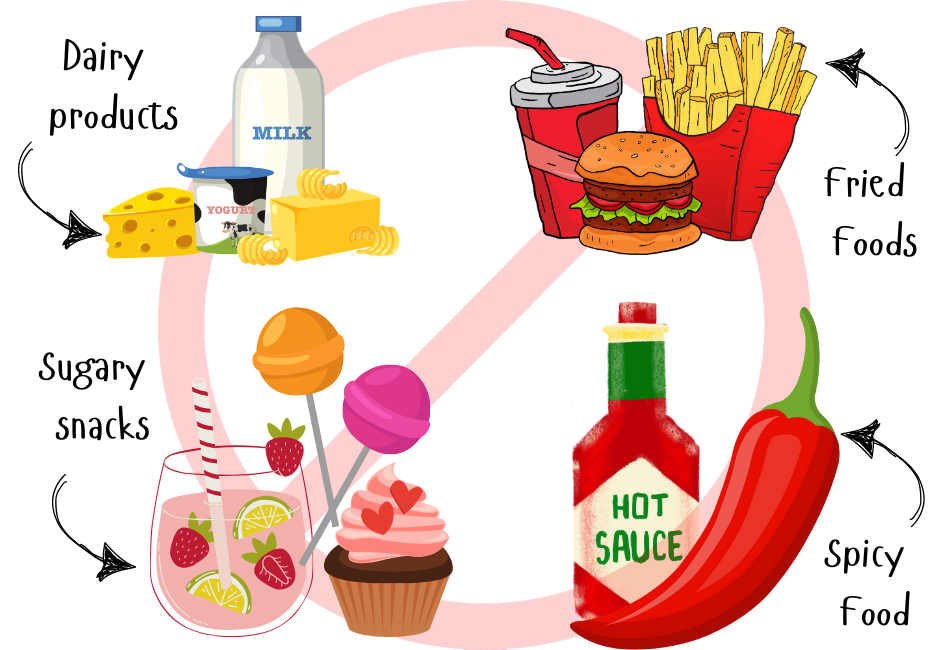
While there are plenty of foods that can help your baby feel better when they’re unwell, there are also some foods to avoid. These foods can be harder on their digestive system or make symptoms worse:
- Dairy products: If your baby has a cold, dairy can sometimes thicken mucus, which could make congestion worse.
- Spicy foods: Avoid foods with spices or acidic ingredients that can irritate your baby’s stomach.
- Sugary snacks: High-sugar foods can sometimes worsen inflammation and slow down the healing process.
- Greasy or fried foods: These can be difficult to digest and may upset your baby’s stomach further.
When to Consult a Pediatrician
While most minor illnesses can be managed at home, there are times when you should seek professional help:
- Fever: If your baby has a fever above 100.4°F (38°C), or if the fever lasts more than a couple of days, contact your pediatrician.
- Persistent vomiting or diarrhea: If your baby can’t keep anything down or has diarrhea for more than 24 hours, it’s important to consult a doctor.
- Lethargy or irritability: If your baby is unusually tired, difficult to wake, or very irritable, it may indicate a more serious issue.
- Breathing difficulties: If your baby is struggling to breathe or has a persistent cough, seek medical attention right away.
Natural Remedies for Soothing Sick Babies
If your baby has a mild cold or cough, there are several natural remedies you can try to ease their discomfort:
- Steam: Run a warm shower and let the steam fill the room. This can help clear up congestion and soothe your baby’s throat.
- Saline nasal drops: These can help clear nasal congestion and allow your baby to breathe easier.
- Honey (for babies over 1 year old): A small spoonful of honey can help soothe a sore throat. Be sure to wait until your baby is at least one year old, as honey can pose a risk of botulism for infants younger than that.
What to Feed Baby When Sick: Easy and Nutritious Foods for Comfort Baby’s Tummy

1. Hydrating Liquids
When your baby is unwell, staying hydrated is key. Fluids help prevent dehydration and soothe symptoms like a sore throat or congestion.
- Breast milk or formula: These are still the best options for hydration and comfort, especially for younger babies. Keep offering them regularly.
- Clear fluids: For babies who are a bit older, consider offering small amounts of water or a homemade electrolyte drink (without added sugar). Always consult your pediatrician if you’re unsure. I recommend avoiding juice—see why here.
2. Simple Mashed Foods
Mashed or pureed foods are easy to digest and gentle on a baby’s stomach, which is especially helpful when they’re feeling under the weather.
- Mashed sweet potatoes: Mashed sweet potatoes: Packed with vitamins, sweet potatoes are gentle on the stomach and offer a natural sweetness that your baby will enjoy, especially when you’re figuring out what to feed baby when sick.
- Mashed peas or carrots: Both peas and carrots provide essential nutrients like vitamin A and are soft enough for easy digestion.
Personal tip: My baby loves mashed sweet potatoes when she’s sick. It’s comforting and easy to make.
3. Bananas
Bananas are easy on the tummy and full of potassium, which helps replenish lost nutrients if your baby is vomiting or has diarrhea. The soft texture also makes them easy to chew and swallow, even if your baby has a sore throat.
Personal tip: I always have a banana on hand for my little one. They’re quick, convenient, and they usually enjoy them!
4. Rice Cereal
Plain rice cereal is easy to digest and can help settle your baby’s stomach when they’re sick. You can make it with breast milk or formula for added nutrition. It’s light on the stomach and can be a great base to add other mild foods like mashed fruit.
Pro tip: Try adding a bit of mashed banana or a sprinkle of cinnamon for a little extra flavor.
5. Chicken Broth
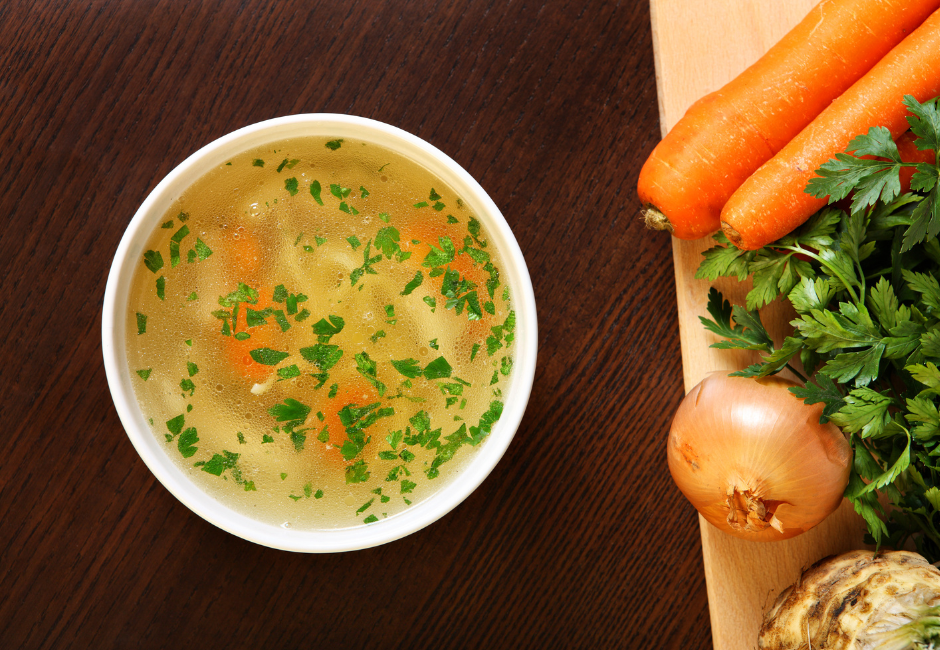
If your baby is older and has started eating solids, bones broth can be a wonderful way to keep them hydrated while providing some nutrition. It’s soothing, easy to digest, and can help with congestion. When you’re thinking about what to feed baby when sick, chicken broth is a great choice. For more on the benefits of chicken broth and how to incorporate it into your baby’s diet, be sure to check out my article on the benefits of bones broth for babies.
- Homemade broth: If you can, make a simple, homemade chicken broth to avoid added salts and preservatives.
6. Oatmeal
Oatmeal is another great option when you’re wondering what to feed baby when sick. It’s easy on the stomach and can be made with water or breast milk. Add some mashed fruit, like apples or pears, to sweeten the oatmeal and give it extra vitamins.
7. Steamed or Boiled Vegetables
If your baby is used to eating solids, offer soft steamed vegetables that are easy to swallow. Try vegetables like zucchini, carrots, or cauliflower, which are packed with vitamins and are gentle on the tummy. I’ve listed the best first vegetables for babies in this article—check it out for more inspiration and a great source of vitamins for your little one.
- Zucchini and carrot puree: Steamed and pureed vegetables are a great option to introduce when your baby has an upset stomach.
Signs That Your Baby is Ready to Eat After Illness
It can be difficult to know when your baby is ready to start eating solid foods again after being sick. Here are some signs that your little one might be ready:
- Increased interest in food: If your baby is showing more interest in food and reaching for your plate, it’s a good indication they’re ready to eat.
- Willingness to try familiar foods: When they’re interested in familiar textures or flavors again, you can start introducing foods they usually enjoy.
- Easier digestion: If your baby is able to tolerate liquids or simple solids without issues like vomiting or diarrhea, they may be ready for a more substantial meal.
Start slow with easy-to-digest foods, and keep an eye out for any signs of discomfort or sensitivity.
Tips for Feeding Your Baby When Sick:
- Offer small amounts frequently: Your baby may not have the appetite to eat a full meal when they’re sick. Offering smaller, more frequent meals can help.
- Keep meals simple: Stick to bland, easy-to-digest foods that are gentle on your baby’s stomach.
- Watch for signs of dehydration: If your baby isn’t taking in enough liquids, look for signs like fewer wet diapers or dry lips. If this happens, contact your pediatrician.
Conclusion:
When your baby is sick, it’s important to choose foods that will comfort them and provide the nutrients they need to recover. From hydrating liquids to simple mashed foods, the key is to keep meals easy to digest and soothing to their tummy. And don’t forget: If your baby is having trouble eating or drinking, or if you notice any signs of dehydration, be sure to consult your pediatrician.
I’d love to hear your thoughts! What are your go-to foods when your baby isn’t feeling well? Share your tips and stories in the comments below!
What to Feed Baby When Sick FAQ
Q1: What are the best foods for a sick baby? A: Hydrating liquids, mashed fruits and vegetables, oatmeal, and simple broths are great choices. Always choose foods that are easy on your baby’s stomach.
Q2: Can I feed my baby solids if they have a cold? A: If your baby is feeling under the weather but is still interested in solids, offer them soft, easy-to-digest options like mashed sweet potatoes or bananas.
Q3: How can I keep my baby hydrated when they’re sick? A: Offer breast milk, formula, or small sips of water. For older babies, you can introduce diluted fruit juice or clear broth to keep them hydrated.
Q4: What if my baby refuses to eat when they’re sick? A: It’s normal for babies to lose their appetite when sick. Keep offering fluids, and try to tempt them with small amounts of their favorite foods or simple, bland meals.
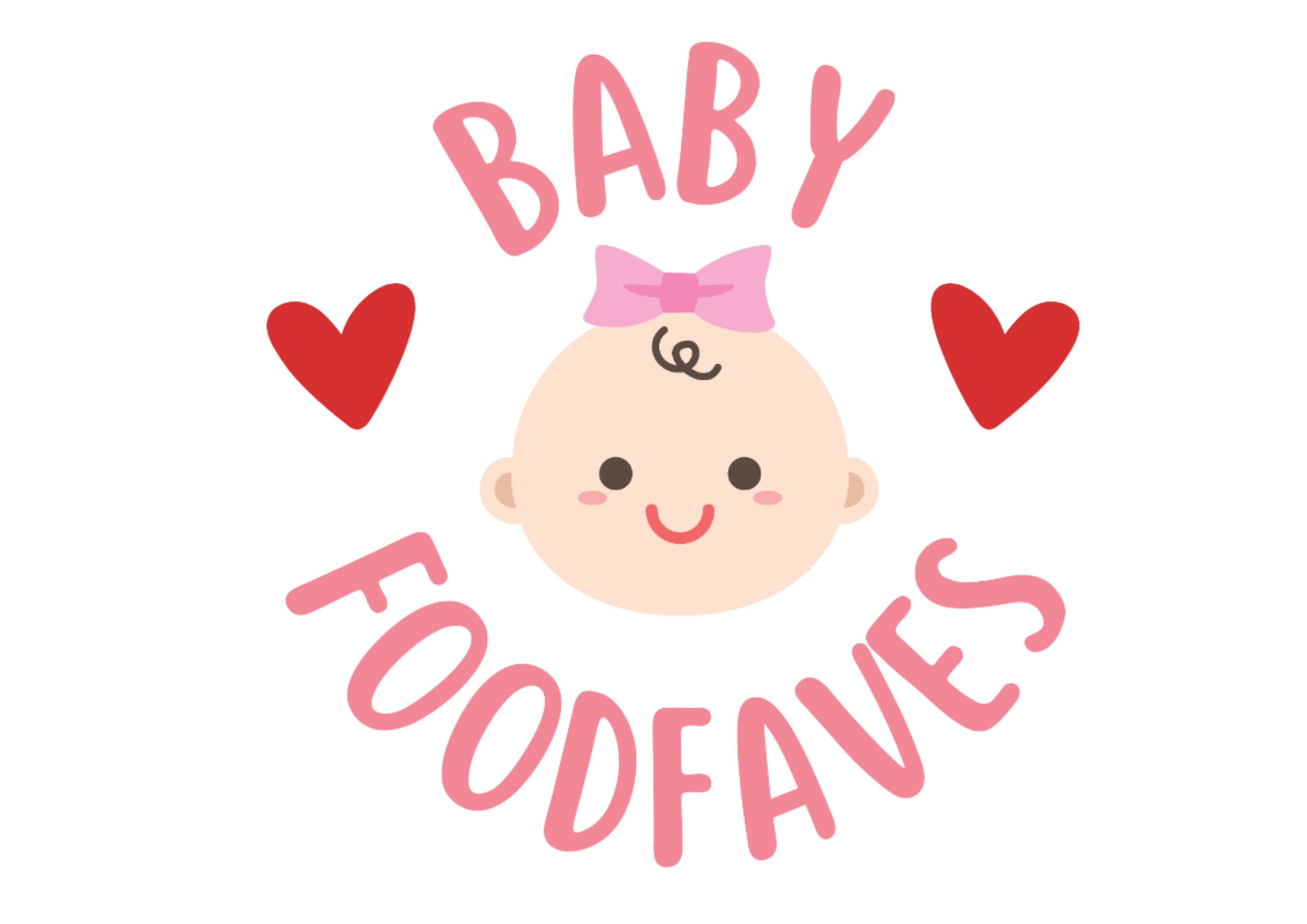


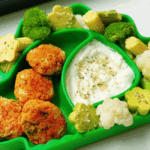
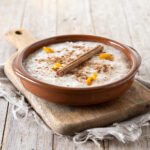

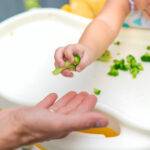
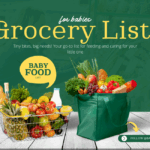


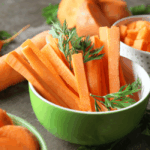


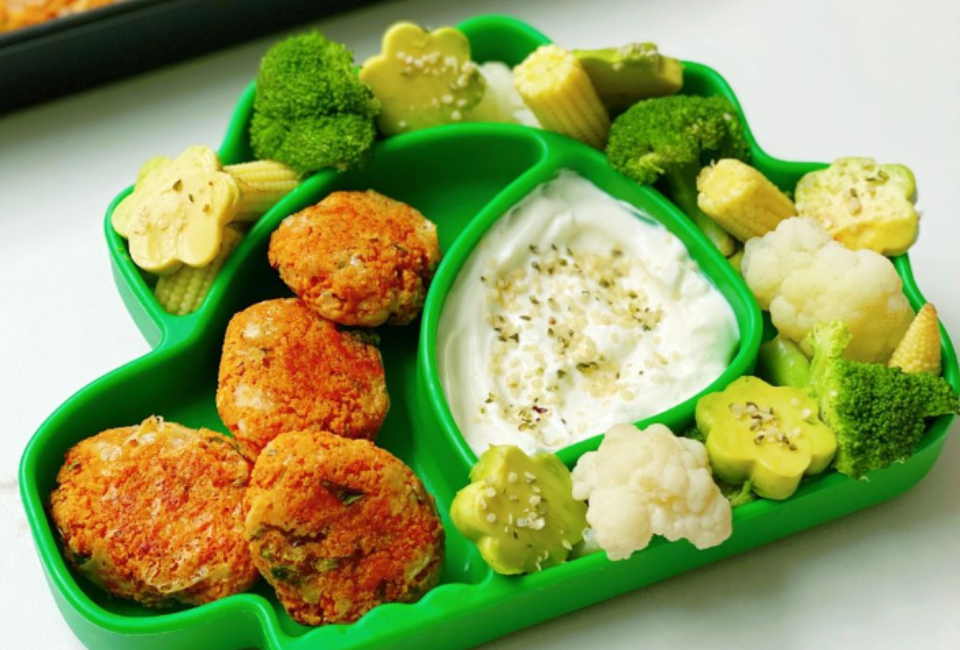
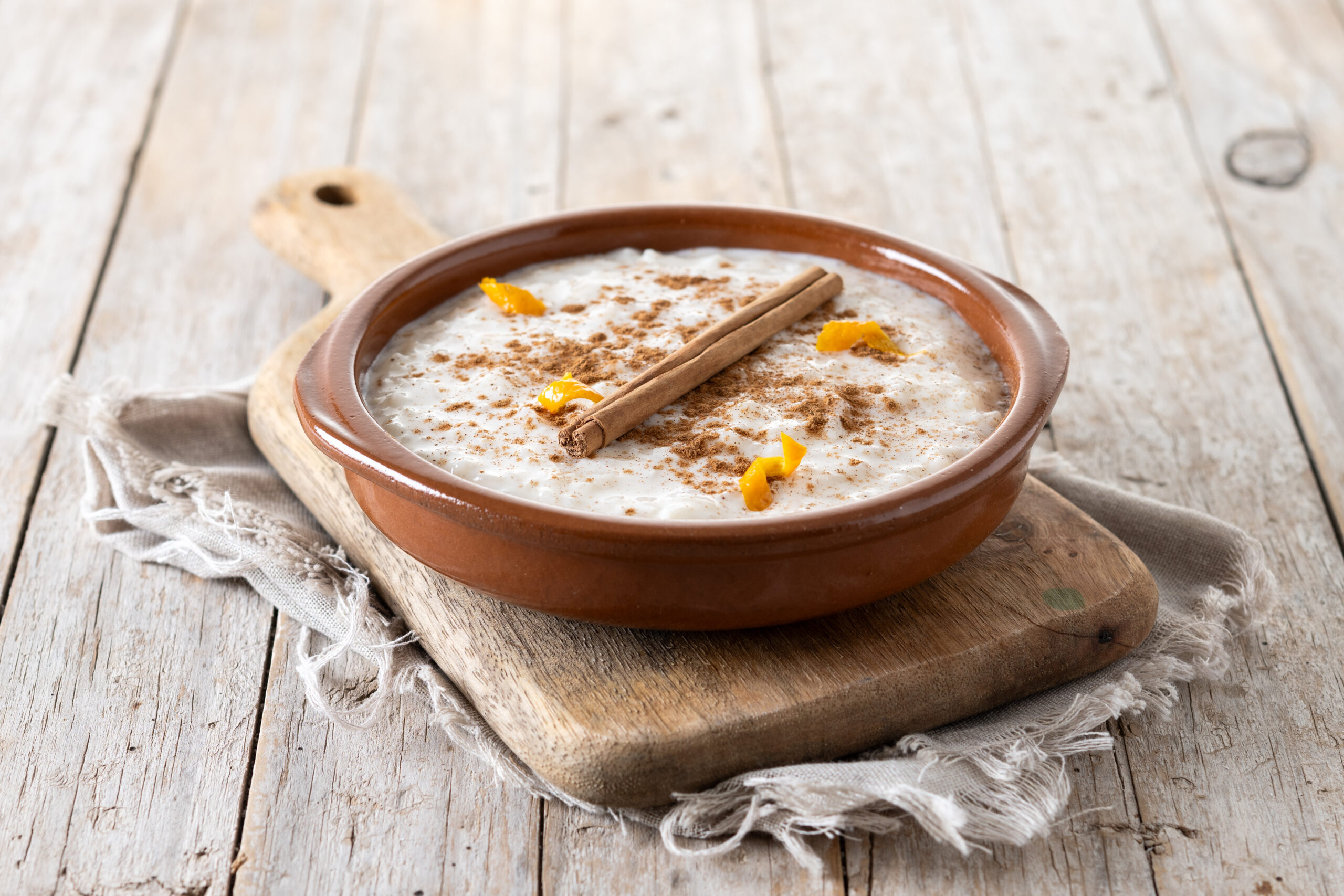
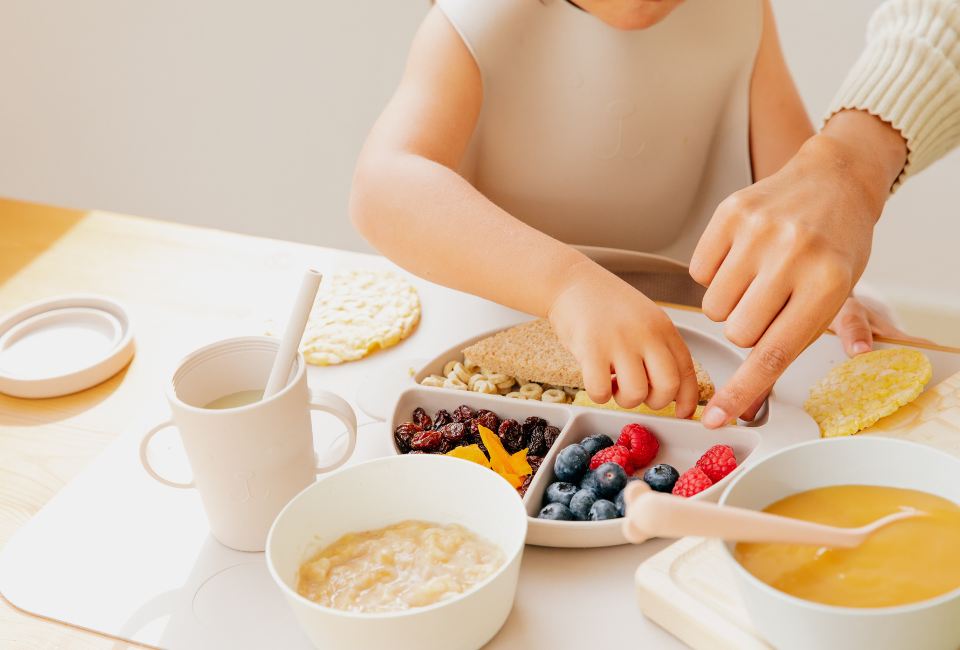
Leave a Reply